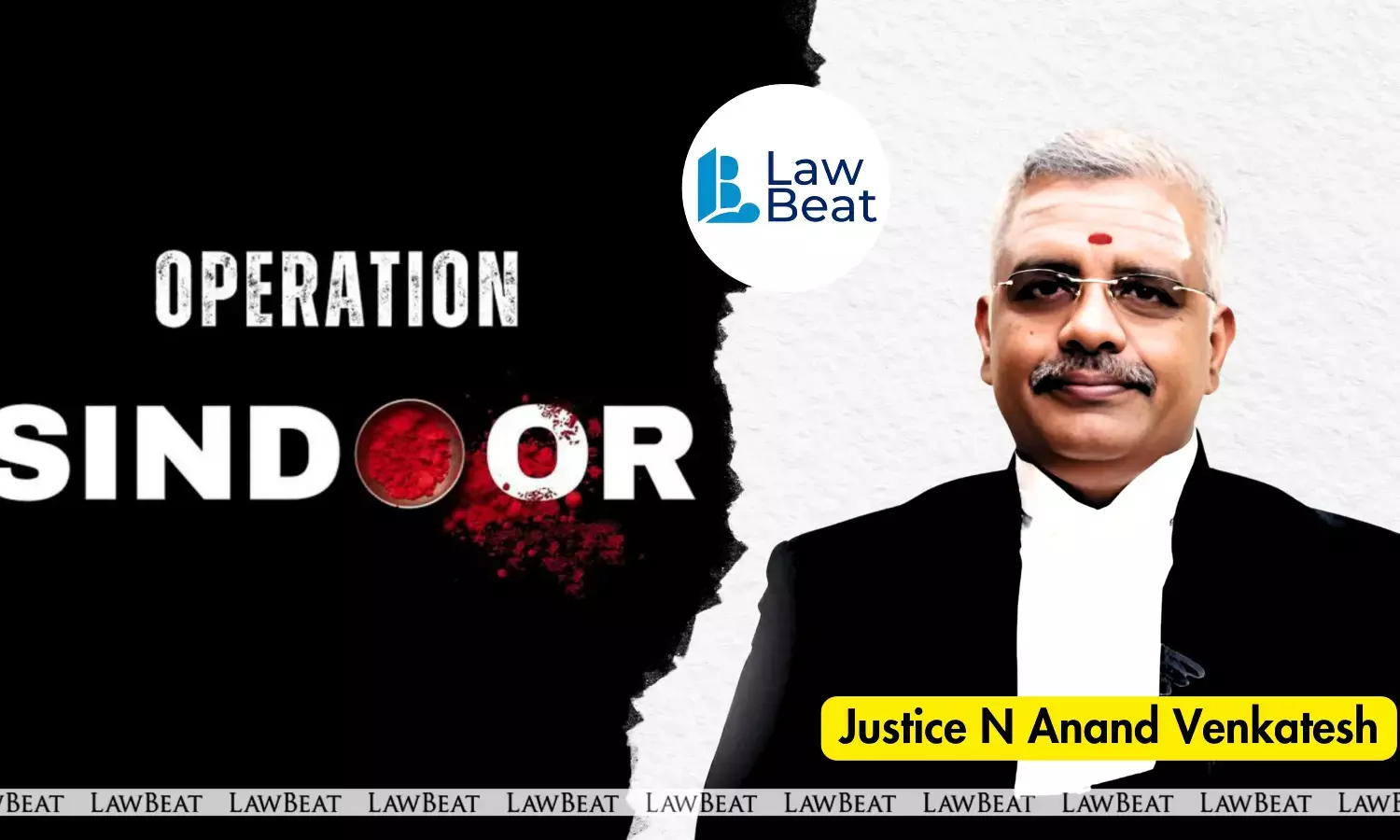'Extend Operation Sindoor Blocking Tech to Tackle Intimate Video Leaks': Madras HC to UOI

In a significant move to address the rampant online abuse of women, the Madras High Court has asked the Union Government to to devise a mechanism to combat the spread of non-consensual intimate images (NCII) online.
In the case of a woman whose intimate videos have been repeatedly surfacing on various online platforms, court asked the government to take it as a “test case” to ensure that state and central agencies formulate a strong, coordinated response to such digital violations of privacy.
Justice N. Anand Venkatesh was hearing a petition filed by the woman (anonymised as “X”) who approached the court seeking urgent intervention to prevent further dissemination of her private content. The plea asked for directions to use technological solutions such as AI-based content recognition tools, Hash Matching, Photo DNA, and other mechanisms to track, block, and permanently take down all offending content being circulated online.
Acting on the court’s earlier directions, the Ministry of Electronics and Information Technology (MeitY) informed the bench through a July 28, 2025, Office Memorandum that it had constituted a six-member committee to formulate a Standard Operating Procedure (SOP). The committee comprises senior officials from MeitY, Ministry of Home Affairs, Department of Telecommunications, Ministry of Women and Child Development, and technical experts.
The committee’s terms of reference include developing comprehensive legal and technical protocols for the immediate and long-term removal of NCII content, outlining actionable steps for victims, and conducting sensitisation programs for both government officials and citizens.
However, the petitioner’s counsel highlighted a critical gap in implementation. He pointed out that while six video links were flagged earlier, the number had risen to thirteen, all still accessible within Tamil Nadu. Despite being blocked in Delhi and Mumbai, the content remained online locally due to lack of coordination with regional service providers.
In response, the central government counsel admitted the need for better synergy between central and local authorities and assured the court that the newly-formed committee would address this issue.
Court was categorical in stating that the dignity of a citizen, especially in cases involving a woman’s privacy, must be protected with the same intensity used in safeguarding national security.
It pointed out that during ‘Operation Sindoor’, over 1,400 anti-India URLs had been effectively blocked, many of which operated from outside the country. Similarly, various OTT platforms streaming obscene content had also been taken down.
"The Committee can also take into consideration the method that was adopted for blocking nearly 1,400 anti India URLs during the Operation Sindoor. A solution must be found at the earliest, since it invovles the dignity of a woman which has to be safeguarded under Article 21 of the Constitution of India," court remarked.
The single judge bench noted that this case could serve as a model case to develop effective procedures for tackling NCII content in future cases. He said that if the committee succeeded in its mission, the resulting framework could be replicated for similar complaints, thereby establishing a long-overdue digital protection mechanism for victims of online sexual violence.
The case will be taken up again on August 19, 2025, when the government is expected to submit its progress on the SOP and the steps taken to block the flagged content permanently.
Case Title: X vs UOI and Another
Order Date: August 5, 2025
Bench: Justice N Anand Venkatesh
